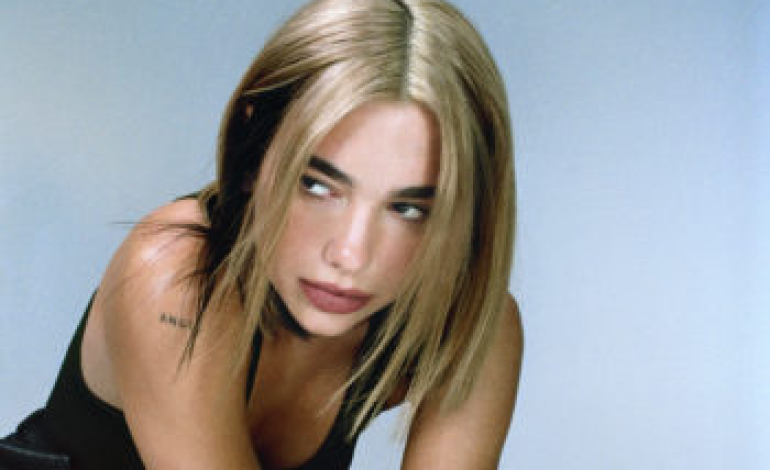
Dua Lipa has emerged victorious in a major copyright lawsuit over her hit song ‘Levitating’. A federal judge in New York dismissed the case, ruling in favor of Lipa and her co-defendants by finding no evidence of substantial similarity between her track and a 1979 disco song.
The lawsuit, filed by Larball Publishing Company and Sandy Linzer Productions, accused Lipa of copying elements from ‘Wiggle and Giggle All Night’ by Cory Daye and ‘Don Diablo’ by Miguel Bosé. The plaintiffs claimed ‘Levitating’ unlawfully used a distinctive musical phrase from their songs. However, U.S. District Judge Katherine Polk Failla rejected these claims in her ruling on Thursday.
In her decision, Judge Failla concluded that the alleged similarities involved “five groupings of repeated 16th notes descending on a B minor scale in ‘Levitating’, compared to a D major scale in ‘Don Diablo‘.” She determined that this descending scale pattern, along with a single additional note described as a “signature melody,” was not subject to copyright protection.
“The Court ultimately concludes that there can be no substantial similarity (and thus no copyright violation) as a matter of law because the similarity between the works concerns only non-copyrightable elements,” Judge Failla wrote.
The case included notable co-defendants alongside Lipa, such as major music publishers Sony Music Publishing, Universal Music Corporation, and Warner Records Inc., as well as her ‘Levitating‘ co-writers Clarence Coffee, Jr., Sarah Hudson, and Stephen Kozmeniuk.
| — @DUALIPA reacting on winning her 2nd & final lawsuit against “Levitating” via Instagram Stories! pic.twitter.com/adlW8CFVVN
— Dua Lipa Hungary (@dlipahungary) March 28, 2025
A key factor in the court’s decision was the precedent set by Ed Sheeran’s victory in a copyright case in November 2024. In Structured Asset Sales, LLC v. Sheeran, the Second Circuit ruled that fundamental musical elements, like notes, rhythms, and chords, are generally not protected under copyright law. While plaintiffs can claim protection over an original arrangement of these elements, the court found that Lipa’s use of a common musical scale did not meet that standard.
Judge Failla also dismissed the plaintiffs’ argument that the pattern style of singing, a pop with a disco feel musical style, and the song’s tempo were evidence of copying. The court noted that such elements are commonplace and not eligible for copyright protection. Additionally, Failla highlighted historical examples, pointing out that the patter style has been used for centuries in the operatic works of Mozart, Rossini, and Gilbert and Sullivan.
The ruling further rejected the notion that protecting such broad musical characteristics would stifle creativity. “To hold otherwise would be to completely foreclose the further development of music in that genre or for that purpose,” Failla stated.
In addition to dismissing the copyright infringement claim, the judge also rejected the plaintiffs’ requests for declaratory relief and an accounting of profits, as those claims were rendered irrelevant by the primary ruling.
This legal win solidifies Lipa’s standing in the industry and reinforces the precedent that fundamental musical elements remain accessible to all artists. For Lipa, the victory means she can continue celebrating the success of ‘Levitating‘ without legal concerns — a resounding conclusion to a contentious battle.
